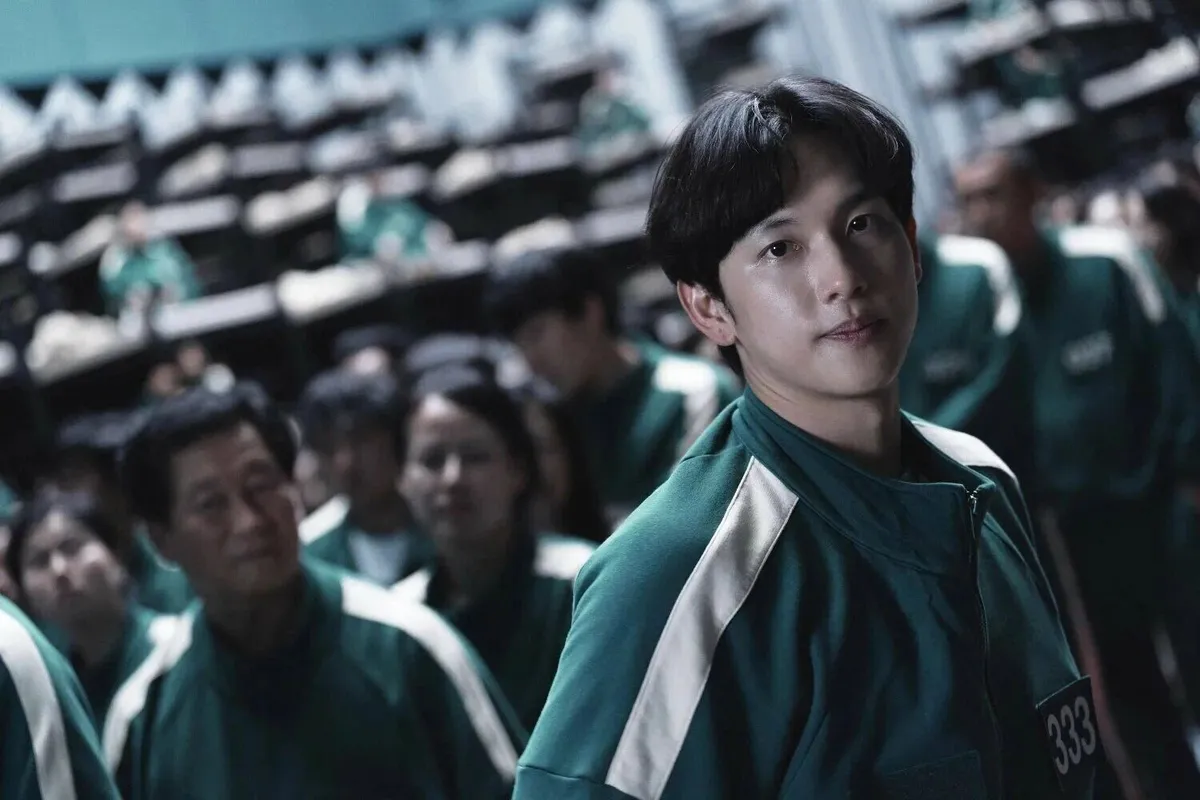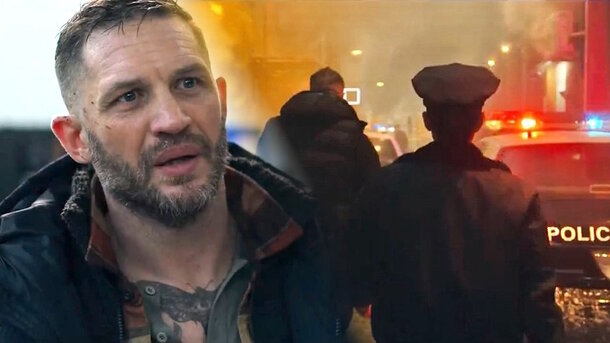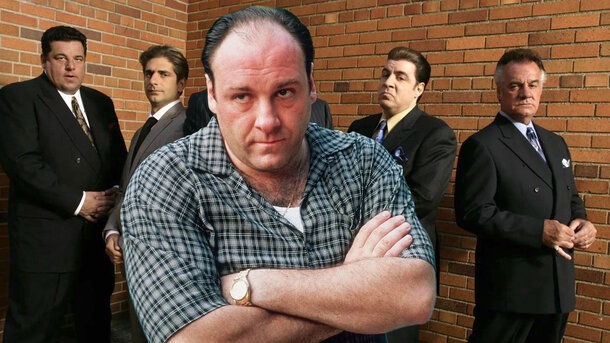Squid Game captivated audiences worldwide, becoming the most-watched show on Netflix, and with the release of the second season, the project's ratings soared once more. However, in North Korea, the popularity of this South Korean drama sparked sharp criticism. Local media referred to the series as 'the sad reality of capitalist society.'
North Korea
According to TMZ, the North Korean propaganda portal Arirang Meari published a scathing review of the series back in 2021. The article claimed that Squid Game exposes the injustices of South Korean capitalist culture, in contrast to the communist DPRK.
The authors described the society depicted in the series as 'a world of inequality, where people are treated as pawns of the wealthy.' Naturally, even despite the demonstration of a decaying system, North Koreans were prohibited from watching the series.
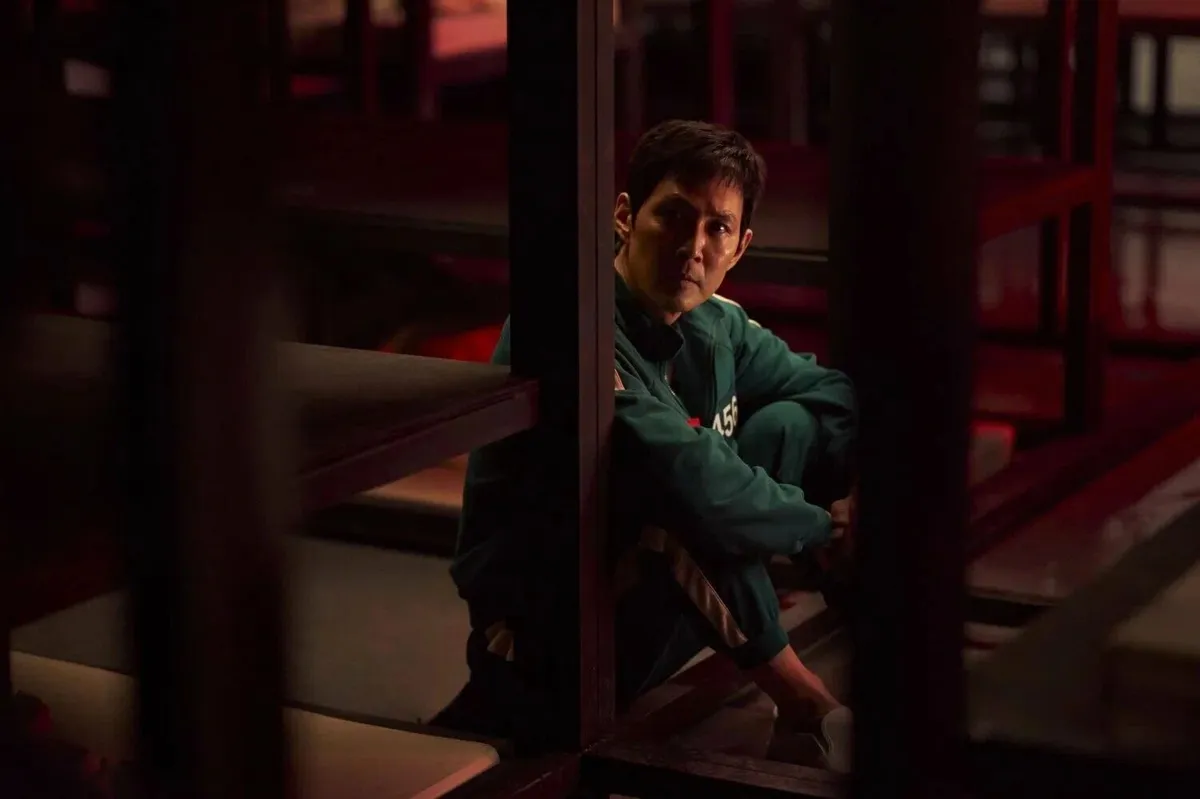
Recall that Squid Game tells the story of 456 people facing financial difficulties who participate in deadly children's games. The winner receives $38 million, while the others pay for their victory with their lives. Despite the criticism, North Koreans effectively have no access to the series, as strict penalties, including hefty fines and imprisonment, are imposed for watching South Korean content.
United Kingdom
There was no direct ban on the project in the UK, although in some schools, parents were advised to limit their children's viewing of the Netflix hit. However, we all understand how teenagers reacted to such restrictions.
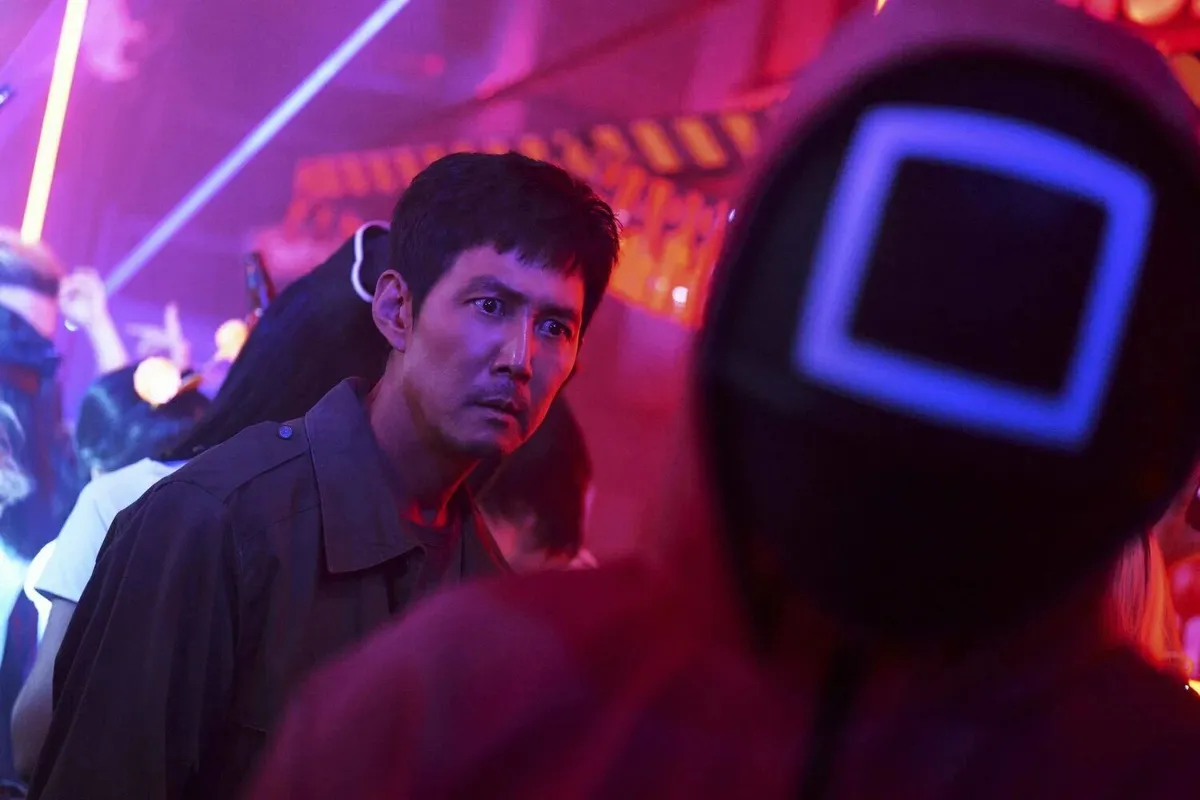
Russia
Meanwhile, in Russia, Squid Game has also come under close scrutiny. State Duma deputy Yevgeny Marchenko proposed banning series that contain scenes of violence, particularly in light of the success of the Netflix hit's sequel. In a conversation with Life, the elected official noted that such works could seriously harm children's mental health.
Marchenko pointed out that modern children are left at home with uncontrolled access to the internet, increasing the risk of exposure to destructive content. The deputy labeled Squid Game as a form of 'extremism propaganda' (likely having learned about one of the characters in the new series) and called for holding accountable those who distribute it.
